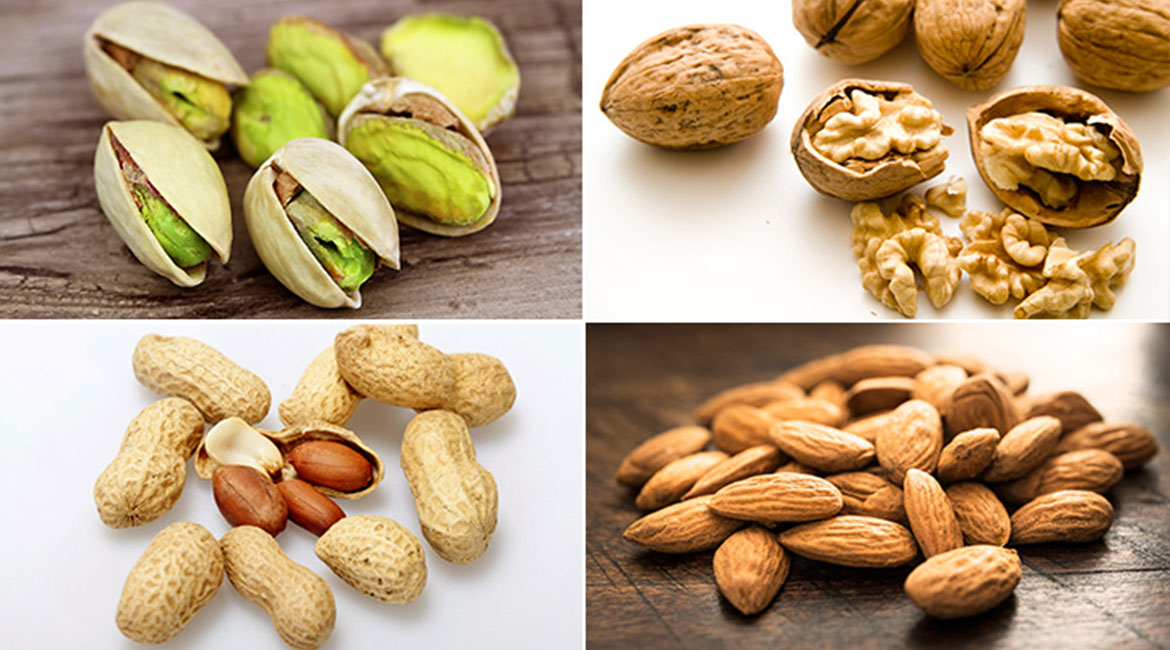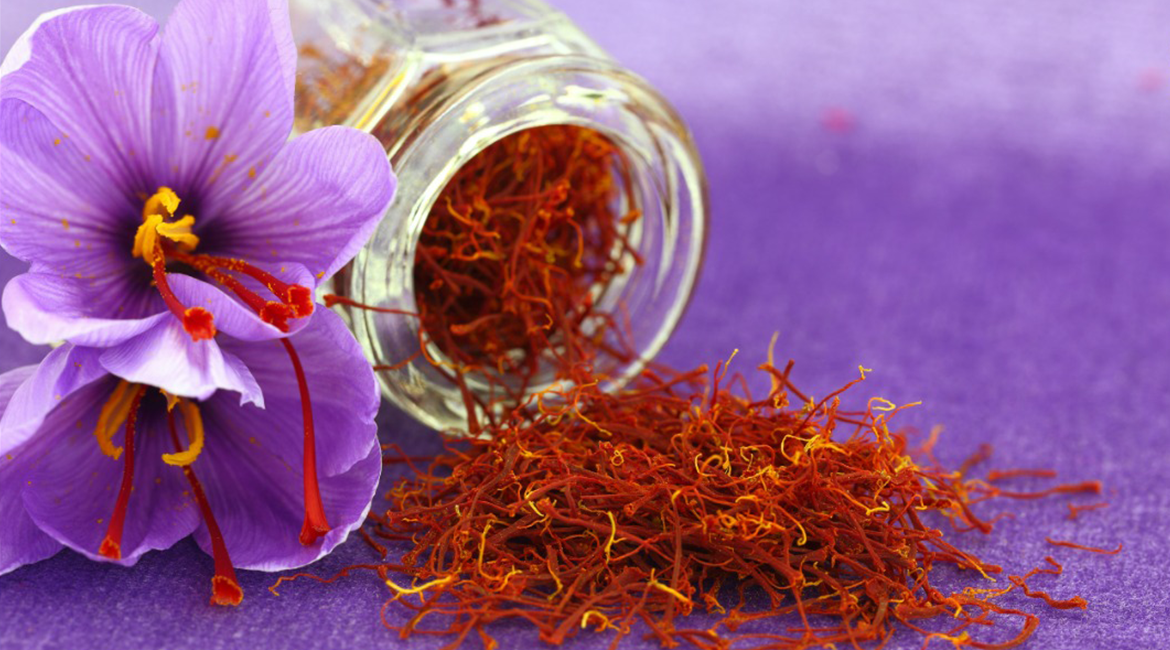Eating nuts as part of a healthy diet may be good for your heart. Nuts contain unsaturated fatty acids and other nutrients. And they're a great snack food — inexpensive, easy to store and easy to pack when you're on the go.
One drawback to nuts is that they're high in calories, so it's important to limit portions. But choosing nuts instead of a less healthy snack may just help you stick to a heart-healthy diet.
Can eating nuts help your heart?
Although a great deal of research suggests that nuts can benefit heart health and reduce the risks of dying early from heart disease and other causes, the evidence is still inconclusive. But, unless you're allergic to nuts, there's no real danger in eating nuts, so you can certainly include nuts as part of your heart-healthy diet.
One way nuts may help your heart health is by lowering the low-density lipoprotein (LDL, or "bad") cholesterol levels. LDL plays a major role in the development of plaque that builds up on the blood vessels. Eating more nuts has also been linked to lower levels of inflammation linked to heart disease.
Eating nuts may also reduce your risk of developing blood clots that can cause a fatal heart attack. Nuts also appear to improve the health of the lining of your arteries.
What's in nuts that might make them heart healthy?
Besides being packed with protein, most nuts contain at least some of these heart-healthy substances:
Unsaturated fats. It's not entirely clear why, but it's thought that the "good" fats in nuts — both monounsaturated and polyunsaturated fats — lower bad cholesterol levels.
Omega-3 fatty acids. Omega-3 fatty acids are found in many kinds of fish, but many nuts are also rich in omega-3 fatty acids. Omega-3s are a healthy form of fatty acids that seem to help your heart by, among other things, preventing dangerous heart rhythms that can lead to heart attacks.
Fiber. All nuts contain fiber, which helps lower your cholesterol. Fiber makes you feel full, so you eat less. Fiber is also thought to play a role in preventing type 2 diabetes.
Vitamin E. Vitamin E may help stop the development of plaques in your arteries, which can narrow them. Plaque development in your arteries can lead to chest pain, coronary artery disease or a heart attack.
Plant sterols. Some nuts contain plant sterols, a substance that can help lower your cholesterol. Plant sterols are often added to products like margarine and orange juice for additional health benefits, but sterols occur naturally in nuts.
L-arginine. Nuts are also a source of l-arginine, which is a substance that may help improve the health of your artery walls by making them more flexible and less prone to blood clots that can block blood flow.


